These security requirements are mandatory for Suppliers accessing Scout's sensitive systems, data, applications, and working areas.
-
Non-Disclosure Agreements: Suppliers must have non-disclosure agreements before sharing confidential data.
-
Background Checks: The supplier must conduct a background check on all employees before granting access to confidential data.
-
Certifications: The supplier must possess certifications or designations concerning data security and privacy equal to ISO 27001.
-
Right to Audit: Scout can audit the supplier at any time for due cause.
-
Disaster Recovery and Business Continuity: The supplier must establish a Disaster Recovery and Business Continuity plan to ensure access to or use of Scout data.
-
Protection of Data: The supplier must implement protections to prevent unauthorized access, alteration, disclosure, or misuse of confidential information.
-
Data Destruction: The supplier must wipe all confidential data from systems/servers when they retire and use only encrypted removable media to transfer that information.
-
Device Encryption: Using an industry-standard algorithm, the supplier must encrypt all devices that process or store confidential data.
-
Encryption at Rest and In Transit: The supplier must encrypt all data at rest and in transmission.
-
Documented Security Policies: The supplier must create written security policies, including system hardening and secure configuration standards.
-
Antivirus: The supplier must install commercial antivirus software on all endpoints and servers, with a minimum daily automatic update of signatures or approved Next Generation antivirus.
-
Patch Management: The supplier must apply security patches regularly on all endpoints and servers, with critical security patches applied within 48 hours of release.
-
Intrusion Detection: The supplier must protect all systems accessible via the Internet or storing or transmitting data using an intrusion detection and prevention system.
-
Vulnerability Management: The supplier must regularly scan all servers and applications for vulnerabilities, including missing patches, outdated software versions, and certificate issues.
-
Penetration Testing: The supplier must subject internet-facing systems and applications to regular third-party penetration testing to identify and remediate all critical or high-risk vulnerabilities.
-
Security Incident Response: The supplier must maintain and regularly test an incident response plan for handling security incidents.
-
Information Security Training and Awareness Program: All persons accessing Scout data must receive training on security policies and procedures and demonstrate ongoing security awareness before accessing Scout data.
-
Access Control: The supplier must implement role-based access controls for all user permissions, enforcing the principle of least privilege.
-
User Audit: The supplier must conduct regular audits to ensure that terminated users can no longer access the system and that users who change job roles no longer retain unnecessary permissions.
-
Log Review: The supplier must have a routine procedure to review system logs for unauthorized access on all systems processing or storing Scout data.
-
Risk Management: The supplier must conduct regular risk assessments and implement a risk management program with negotiated remediation deadlines for identified gaps.
-
User IDs and Password Controls: All authorized users must receive a unique username and a strong password, with passwords changed at least every 90 days or immediately if revealed or compromised.
-
Multi-Factor Authentication: The supplier must protect access over the Internet to systems processing Scout data with Multi-factor authentication, such as a one-time passcode.
-
Subcontractors: These security requirements also apply to any subcontractor or supplier to the supplier.




